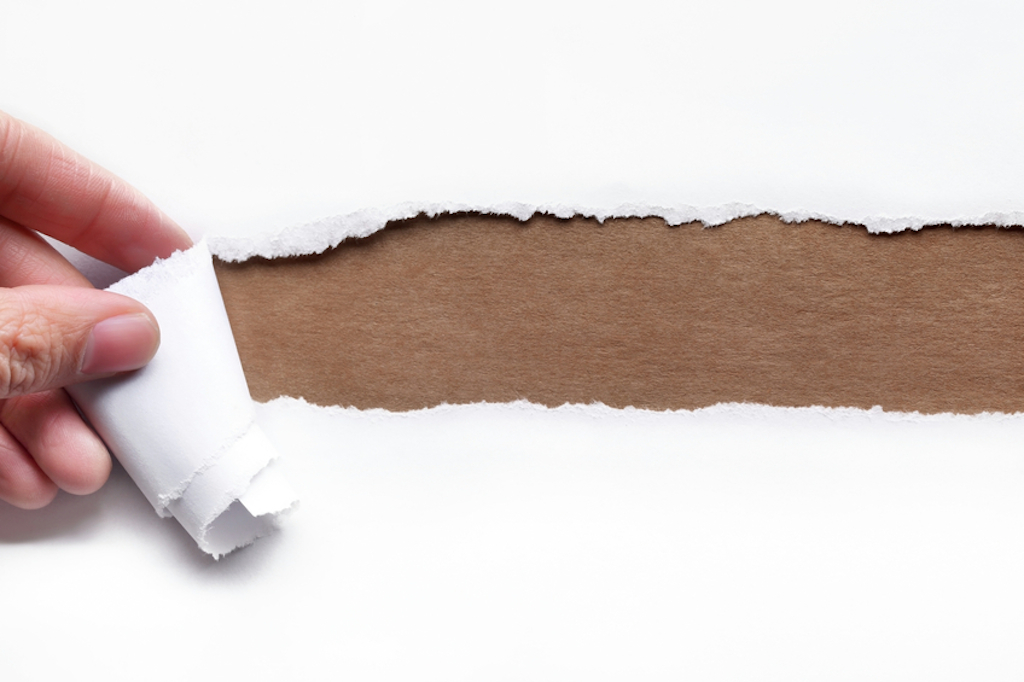poll
(noun, verb)
/poʊl/
 LISTEN
LISTEN


A poll is a sampling of opinions on a subject taken from a group of people and analyzed. A poll is also the act of voting in an election and the number of votes cast or the numerical result of the voting. Polls, usually in the plural, are the places where the voting takes place. As a verb, to poll is to ask questions about a subject, as well as to receive votes at the polls.
Example sentences
- This poll shows that most people are in favor of the new law.
- Women were excluded from the poll in most countries until sometime in the twentieth century.
- Mike won the election with more than 80 percent of the poll.
- Americans are going to the polls on November 8.
- The magazine polled its readers to find out what they thought of the articles it had run that year.
- Last year that politician polled more votes than her opponent, so she won the election.
Words often used with poll
polling place (US) or polling station (UK): the place where votes are cast. Example: “Voters are standing in line outside the polling place, waiting to cast their votes.”
Did you know?
Nate Silver is a celebrity statistician who uses statistical models to predict the results of elections on his website, FiveThirtyEight. He had shockingly accurate results in the US presidential elections of 2008, when he correctly predicted the winner 49 out of 50 states, and 2012, when he succeeded in predicting the winner in all 50 states. Watch him here as he discusses his analysis of polls and his predictions for the outcome of today’s election.
In pop culture
In this video from the TV show The West Wing, you’ll see two interpretations of polling data. In the second half, you’ll see that the specific questions that are asked in the poll are very important.
Additional information
Poll also means ‘the top of the head,’ but this is now mainly used when talking about animals, especially horses. In fact, in the 14th century, to poll used to mean ‘to cut or trim’ hair, of either an animal or person, and in the 16th century, it meant ‘to trip or cut the tops off trees’; a pollard was a de-horned animal in the mid-16th century, and later, in the 17th century, came to mean a polled (or trimmed) tree.
Other forms
poller (noun), pollable (adjective), pollster (noun)
Origin
Poll dates back to the late 13th century, as the Middle English noun polle, which meant ‘head,’ ‘the hair on the head,’ or ‘the fur from the top of the head of an animal.’ It comes from the Middle Low German pol, which also meant ‘hair of the head,’ as well as the ‘top of a tree or other plant.’ It is related to the Danish puld and the Swedish pull, meaning ‘crown of the head.’ The Middle English verb pollen (to cut or trip the hair of the head), comes from the noun and dates back to the early 14th century. The sense of poll (the noun) extended to ‘a person or individual,’ probably from a figurative sense of head. The meaning we use today, a poll as a count of opinion, dates back to the early 17th century, as does the related verb.
Word of the Day is released Monday through Friday.



